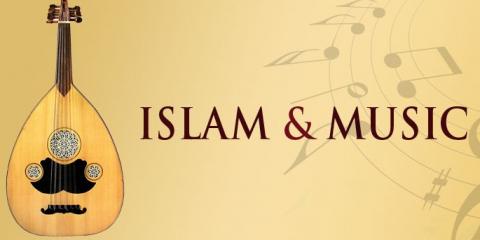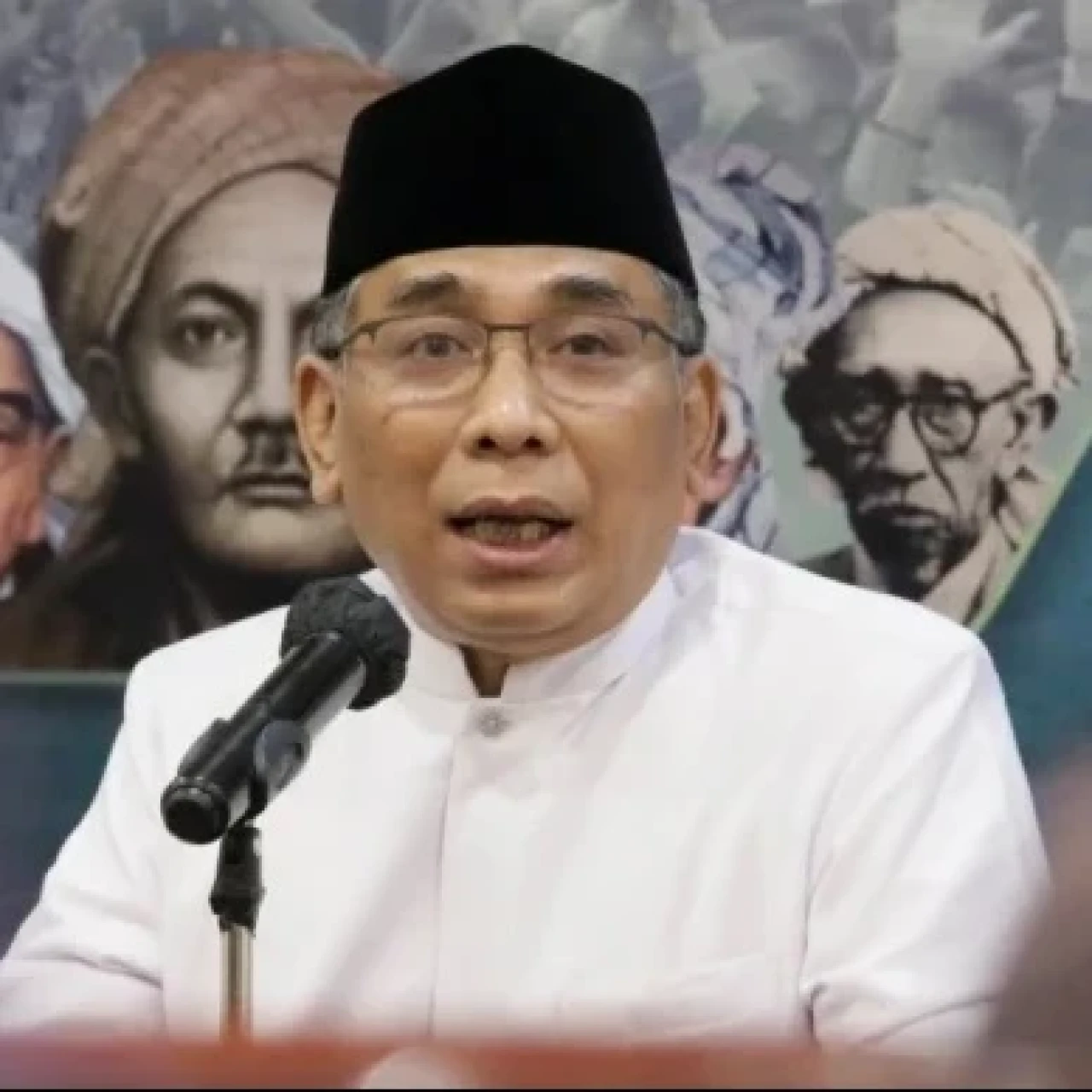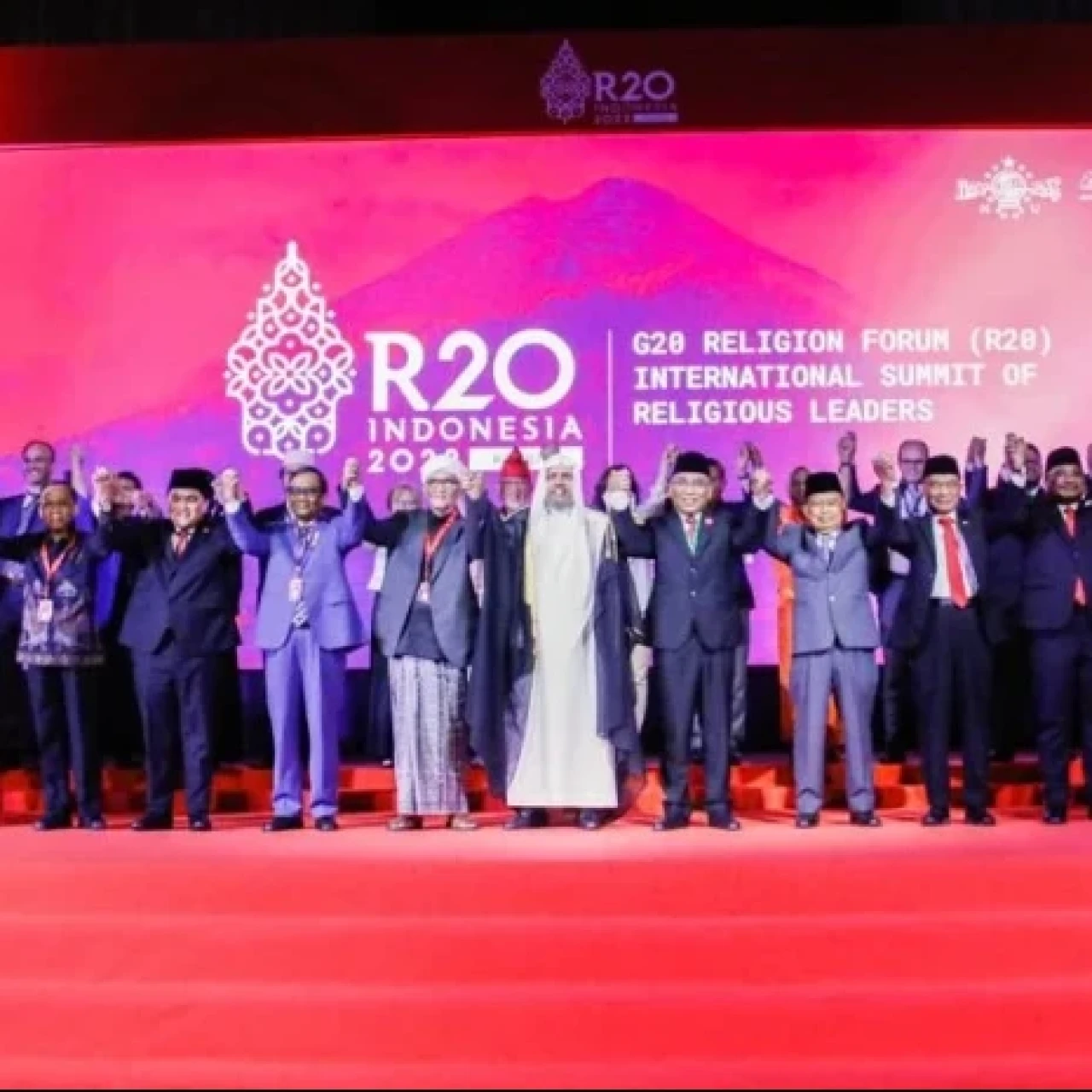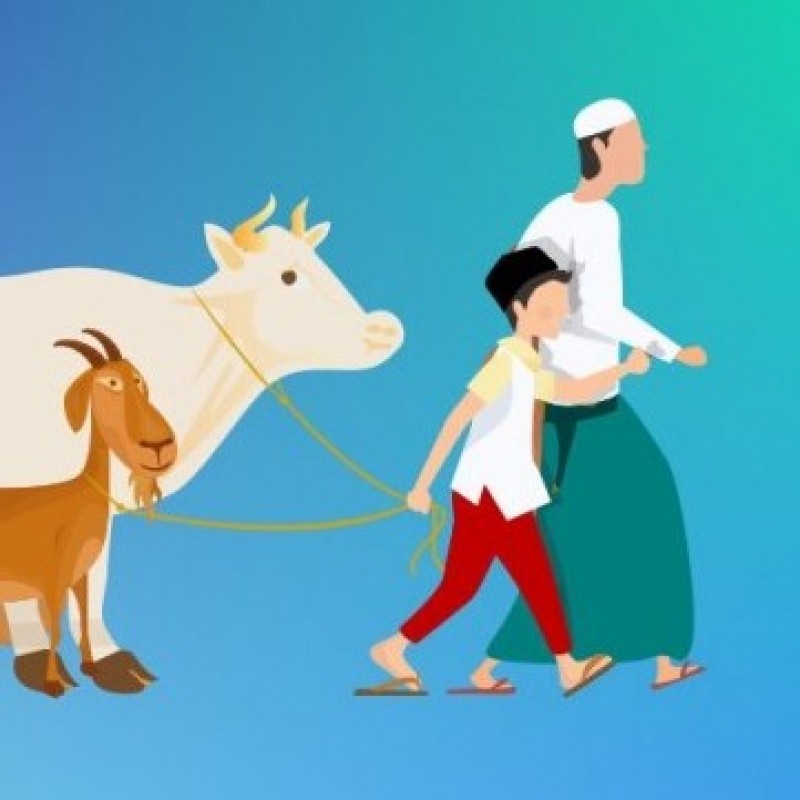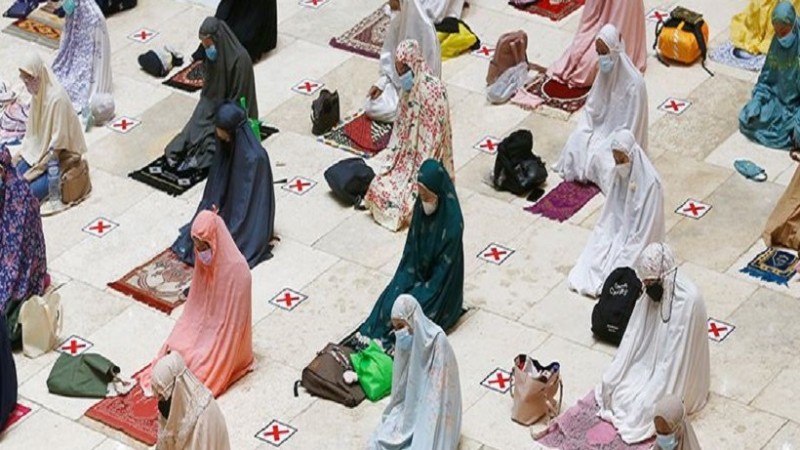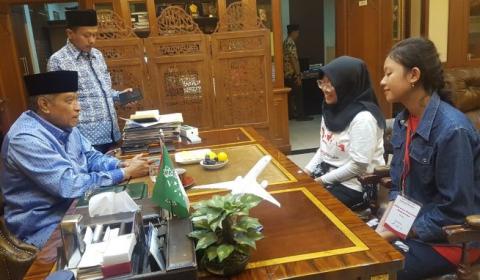Talking about song or music, so it is inseparable from Islamic spreading in Nusantara. Islam came to Nusantara through mysticism. This can not be denied that by Sufism, Islam could be accepted in Nusantara. The proofs of Nusantara ulama classical book always had the shape of poetry, or now it is called lyric, which if it is mixed with music instrument so it will create a song.
The history of Islamic music can not be separated from the famous composer-philosopher, Al Farabi. He is a philosopher who has written al-Musiqa al-Kabir, a book which discusses about music theory. Indeed, modern music is inseparable from Al Farabi’s theory. He is skillful composer in creating beautiful tones both sad or happy.
Once upon time Al Farabi played musical instrument in front of Syria ruler. When he was playing it, the audiences at one time were laughing, and when he changed the tones, the audiences could be crying or even sleeping at one time. This is not magic, for the connoisseur of western classical music, so you will know the sensation when you are listening the famous tones of Mozart, Beethoven, or Vivaldi.
Back to the song and da’wah (making an invitation so that embrace Islam), the saints in Central Java were the maestro of this art. We can address Sunan Kalijaga, Sunan Kudus, Sunan Giri, and others who were expert sufi-artist in creating poetry and tones. Dandhanggula, Maskumambang, Asmarandana, and others are the lyric created by them. Indeed, song Lir-ilir and Cublek-cublek Suwung become legendary songs. Those songs last more than 500 years. it is such wonderful. Moreover, Mozart and Beethoven has born yet in that time.
Until now, the method of da’wah to attract Indonesian people sympathy can not be separated from music. If you want the proof, you can see when Ramadhan comes. The mixing among da’wah, music, and industry becomes unity. Songs with da’wah theme spread any where. All of people welcome it happily. The title is diverse. Either in Arabic, English, or Indonesia.
In Ihya Ulumuddin, Imam Al-Ghazali explained that music could help someone increasing religious sense and experiencing mystical experience. Happy listening music, traveler.
Farid Dimyati, postgraduate student on Islamic Philosophy Department at STFI Sadra Jakarta


